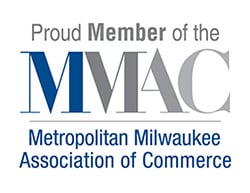Aging takes its toll on our bodies and our minds. Accordingly, elderly parents may need assistance with personal needs or managing their finances. One of the most challenging questions for adult children to answer is the question of when they should step in to help an aging parent with day-to-day needs.
Sometimes the child is equipped to take on these responsibilities, in other cases a caregiver may be needed. But when it’s apparent a parent can no longer manage their own affairs or care needs, guardianship may be the next step.
Spotting the warning signs
A parent living alone with serious medical or mental health conditions must be able manage essential things, like cooking meals independently and walking to and from rooms in their home without another’s assistance. If your parent’s mental or physical health deteriorates to the point where they cannot function independently and they stubbornly refuse assistance or care, formal guardianship can offer adult children the legal authority to step in.
Ask yourself:
- Can my parent safely navigate their home without help?
- Is my parent capable of maintaining regular hygiene and basic care needs?
- Can my parent remember to take their prescription and necessary over the counter medications?
- Is my parent able to pay their bills and manage their finances?
If you cannot answer affirmatively to any of the above questions, guardianship may be an appropriate step.
Guardianship over their person and their estate can serve as useful tools to protect an aging parent no longer capable of making rational decisions or caring for their own needs. However, control over one’s liberty, finances and personal care are fundamental rights that should not be restricted unless the person presents a danger to themselves. Finding ways for your parent to maintain some level of autonomy in their life can make this process easier.



